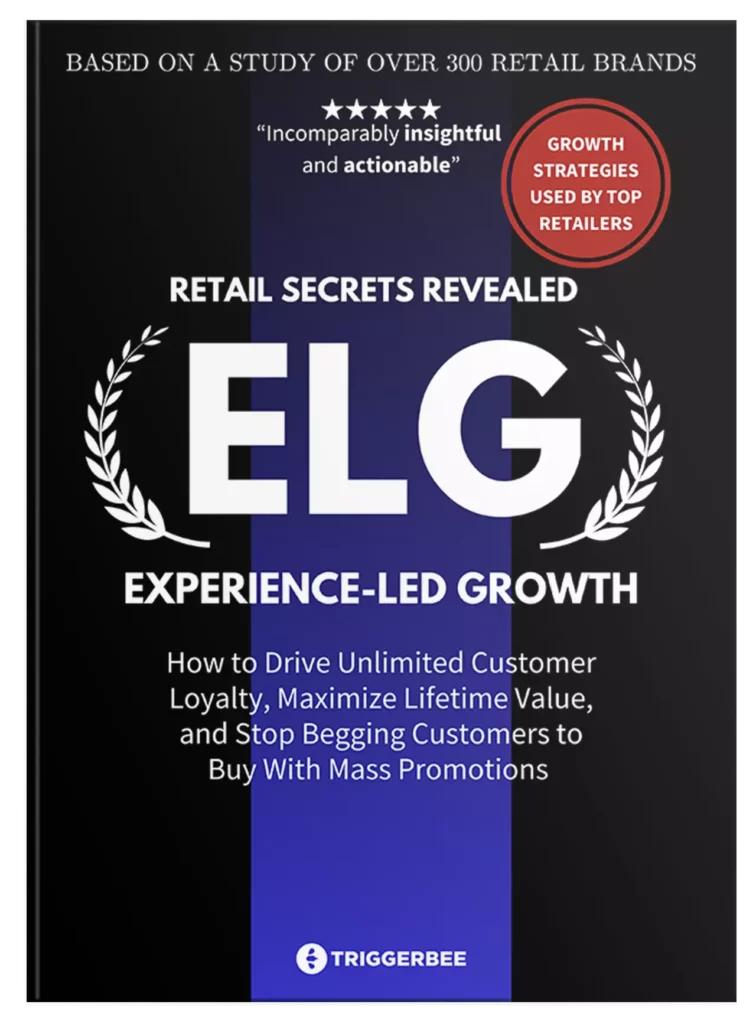What is identification rate?
Identification rate is the percentage of returning website visitors who have previously shared their personal information, such as an email address or phone number, with your brand. This metric is crucial for brands who are invested in personalization and enhancing customer experience, because it indicates how many of your visitors can be targeted with personalized content.
Key benefits of visitor identification
Even if visitor identification is critical for accurate personalization, it plays a pretty important role in many of the “regular” marketing activities as well. For example, if you want to be able to send out abandoned cart emails, your marketing automation software needs to know who to send the abandonment email to. Here are some other benefits:
- Personalized marketing: Knowing who your visitors are allows you to tailor content, promotions, and messages specifically to them.
- Improved customer experience: Personalization can help you decrease friction, confusion and increase clarity for your customers in their shopping journey.
- Data-driven insights: Tracking your identification rate provides insights into visitor behavior and preferences, which helps you refine your marketing and CX strategies.
- Increased ROI: Targeted marketing efforts are more effective compared to broad marketing activies. Because identification allows you to single out .
- Essential for 1-to-1 marketing: Identification rate is necessary for one-to-one marketing and communication. Without identity resolution software to recognize and remember visitors, businesses can’t trigger personalized communications like abandoned cart emails or browse abandonment emails.
- GDPR Compliance: This practice is compliant with GDPR as long as the user has consented when they signed up for a newsletter or registered for a membership. Additionally, the identity is only resolved on the brand’s own website.
How to calculate identification rate
To calculate the identification rate, use the following formula:
Identification Rate = (Number of Identified Visitors / Total Number of Visitors) × 100
For example, if you have 200 identified visitors out of 1,000 total visitors, the identification rate would be: (200/1000) × 100 = 20%
Levels of Identification Rate
Bad: Below 20%
Good: Above 25% (this is the average)
Amazing: 35%+
Example Tools
Several tools can help you track and improve your identification rate. Triggerbee, for instance, excels in gathering insightful data on your customers and using this information to deploy targeted onsite campaigns. By leveraging real-time data, Triggerbee helps you create a seamless experience for your visitors, guiding them from their first click to becoming loyal customers. Other tools in the market include HubSpot and Salesforce, which also offer robust visitor identification and personalization features.

